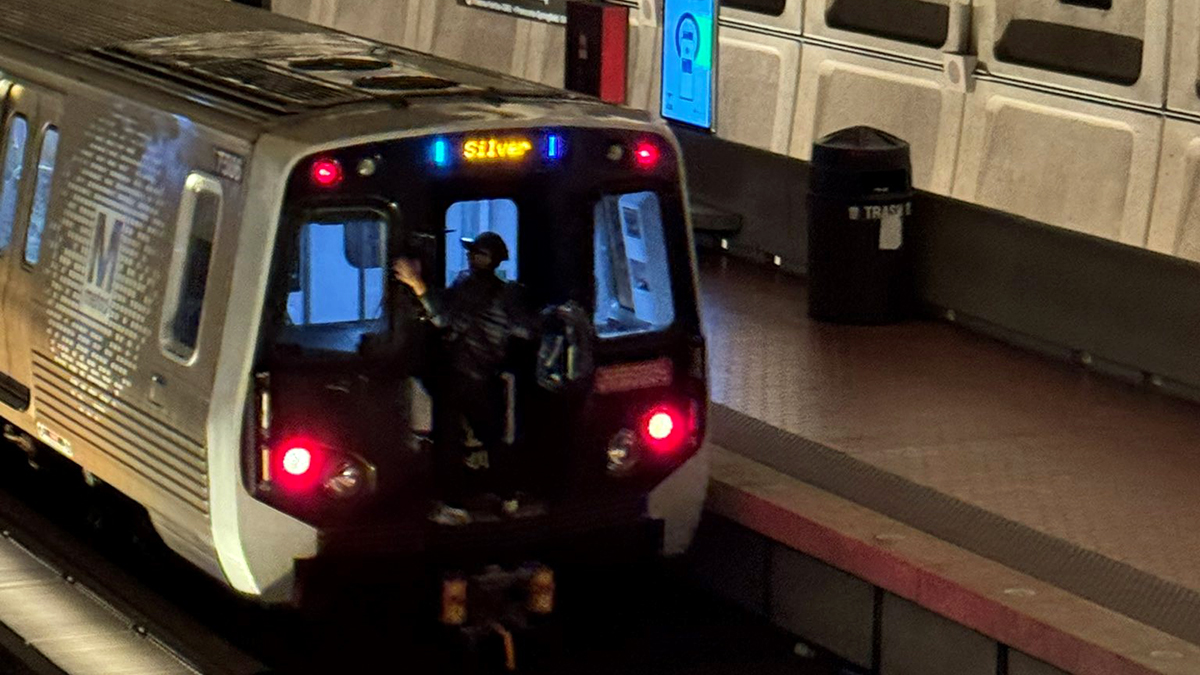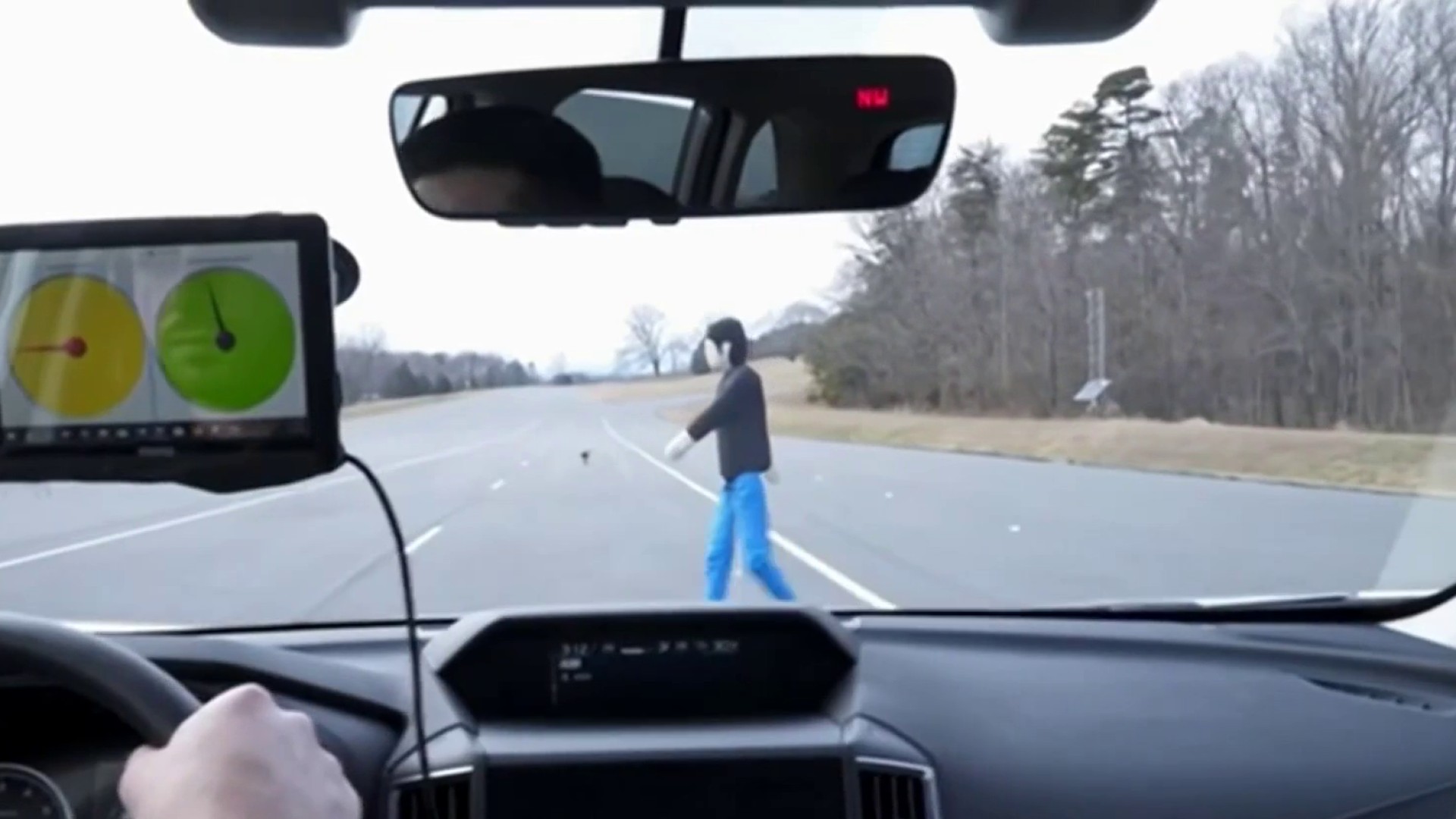Crackdowns on drunken driving prompted by alcohol-related deaths and an effort to increase police accountability are among the laws taking effect in Maryland Oct. 1.
Here's a list some of the laws that will go into effect:
DRUNKEN DRIVING-IGNITION INTERLOCK
All drivers convicted of driving under the influence of alchohol will have to blow into ignition devices to prove they haven't drunk too much before their cars will start. Ignition interlock devices will have to be installed for six months in the vehicle of anyone who blows the legal limit of .08 in a breath test or else the person's license would be suspended for six months.
A driver who refuses a breath test would have to use the device for nine months or accept a nine-month suspension. It's known as "Noah's Law'' after police Officer Noah Leotta, 23, who was struck and killed by a drunken driver at a sobriety checkpoint.
UNDERAGE DRINKING
Parents who knowingly allow underage drinking parties could face up to a year in jail, if an underage person who consumed alcohol leaves their home and hurts themselves or others in a crash. "Alex and Calvin's Law'' was named for the deaths of two high school graduates, Alex Murk and Calvin Li, who were killed in a drunken-driving crash after an underage drinking party last year.
Local
Washington, D.C., Maryland and Virginia local news, events and information
The 19-year-old driver in the crash, Samuel Ellis, was sentenced to 20 years in prison with all but 4 years suspended.
Ellis and his friends had been drinking at the home of Kenneth Saltzman, a parent who was home at the time and aware alcohol was being served. Saltzman was cited and fined $5,000 for allowing teens to drink in his home, which was the maximum punishment allowed by law.
VEHICULAR MANSLAUGHTER
The maximum jail sentence for people convicted of vehicular manslaughter after previous convictions of driving under the influence or while impaired by alcohol or drugs increases from five years to 15 years, with fines rising to $15,000.
POLICE ACCOUNTABILITY
The hiring, training and discipline of officers is changing in ways aimed at increasing trust between police and communities following unrest in Baltimore last year. Hearings of police trial boards will be open to the public. Officials can decide whether to add civilians to boards that review complaints against police.
New officers must study the application of anti-discrimination and use-of-force de-escalation training. A state training and standards commission is tasked with modernizing recruitment standards and practices and increasing diversity. And police officers who live where they work will get a tax credit.
EQUAL PAY
Maryland's equal pay law now prohibits businesses from retaliating against employees for discussing or disclosing salaries.
GREENHOUSE GAS REDUCTION
Maryland is intensifying its target for reducing greenhouse gases. The old target was a 25 percent reduction from 2006 levels by 2020. Now the state is committing to a 40 percent reduction by 2030.
UNIVERSITY PARTNERSHIP
A partnership between the University of Maryland, College Park, and the University of Maryland, Baltimore, is being strengthened, creating one University of Maryland with two campuses and two presidents.
STUDENT JOURNALISTS
Student journalists at public schools and public institutions of higher education will have freedom of speech protections in school-sponsored media, without being limited by the fact that the media is supported financially by the school system or institution of higher education.
OPEN MEETINGS-AGENDAS
Public bodies will be required to make an agenda available to the public at least 24 hours before meeting in open session.
HOME GAMBLING
People 21 and older can conduct home games involving wagering with a $1,000 limit on the amount wagered during any 24-hour period.



